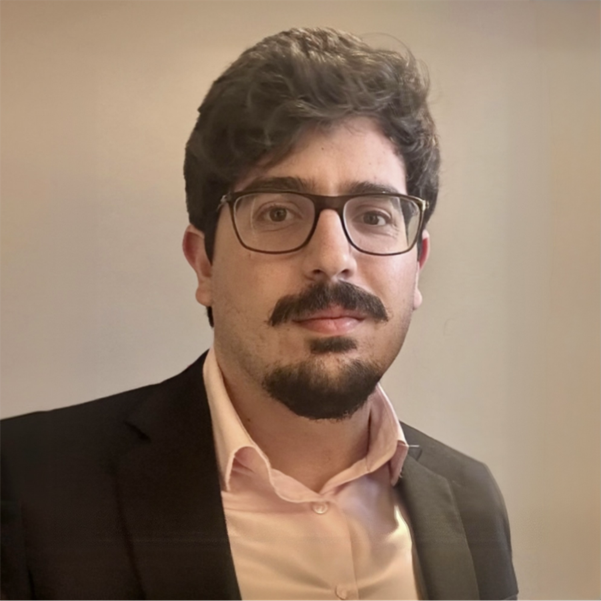
Research Associate, King's College London
Kemal’s research lies at the intersection of physics, chemistry, and computation, where he develops new methodologies for first principles modelling of molecular and material systems. He focuses on reduced-order and surrogate models that accelerate the evaluation of electronic states across nuclear configurations. These tools aim to make advanced electronic structure methods computationally feasible for modelling photochemistry, charge and heat transport, and (nonadiabatic) molecular dynamics.
Kemal completed his PhD in Materials at Imperial College London, where he modelled the electronic behaviour of twisted bilayer materials and developed machine-learning aided tight-binding models to allow the study of these large-scale 2D systems. Earlier, he earned an MPhil in Scientific Computing from the University of Cambridge, working on modelling electron-phonon physics and superconductivity, and a BSc in Physics from the University of Warwick.
His recent research focuses on developing a novel wavefunction interpolation framework that infers many-body wavefunctions across nuclear geometries. This framework not only accelerates the computation of electronic properties across nuclear phase space but also improves the quality of the inferred wavefunctions through enhanced variational flexibility. Importantly, it can infer nuclear derivatives (such as forces and nonadiabatic couplings) in a fully black-box manner, without requiring explicit gradient information during training. This capability enables its use with even the most advanced or experimental quantum chemistry solvers where analytical energy derivatives are not available. Together, these developments bridge the gap between cutting-edge electronic structure methods and experimentally relevant timescales.
As a CoSeC Fellow, Kemal aims to work with the Centre to scale this methodology on accelerator-based systems and to promote its adoption within the UK electronic structure community. Thanks to its generality and robustness, the interpolation framework can accelerate wavefunction inference across a wide range of methodologies, providing a strong foundation for collaboration both within the UK and internationally.
Interesting fact: Kemal grew up in the world’s last divided capital, and he tends to pick up a new hobby every month!